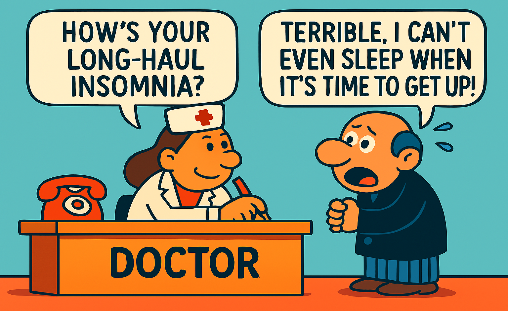Turk Thorac, DOI: 10.5152/ThoracResPract.2024.24013, Salma Batool-Anwar, Olabimpe S. Fashanu., Stuart F. Quan, Thoracic Research & Practice
Abstract
OBJECTIVE
To examine the long-term impact of Coronavirus disease-2019 (COVID-19) on sleep patterns and the prevalence of sleep disorders and to increase public health awareness of long-term COVID-19.
MATERIAL AND METHODS
Using the Massachusetts General Brigham Research Patient Data Registry, Severe acute respiratory syndrome-Coronavirus-2 (SARS-CoV-2) positive patients were surveyed about their sleep patterns before and after the viral infection. Information related to comorbid conditions and medications was obtained through chart review.
RESULTS
Two hundred and forty-six completed surveys were analyzed. Average age was 53.3±16.3 years, and they were predominantly non-hispanic white (84.1%) and female (74.3%). The mean body mass index (kg/m2) was 29.9±6.9, and a greater proportion were non-smokers (63.2%). After COVID-19, there was an increase in the percentage of participants reporting difficulty initiating (39±49% vs. 31±46% prior to COVID-19 infection P = 0.01). Similarly, the participants reported difficulty in maintaining sleep after COVID infection (57% vs. 43% prior to infection P < 0.001). Additionally, there was an increase in the use of sleep aids (30% vs. 24% before the infection P = 0.003). The participants also reported a decrease in feeling rested and an increase in the need for napping (58% vs. 36%, P < 0.0001) and (27% vs. 40%, P < 0.0001) respectively. The sleep symptoms persisted beyond 12 months in 28% of the participants.
CONCLUSION
SARS-CoV-2 infection had negative effects on sleep, and a significant proportion of adults experienced insomnia and daytime sleepiness beyond 12 months after recovering from the initial infection.
